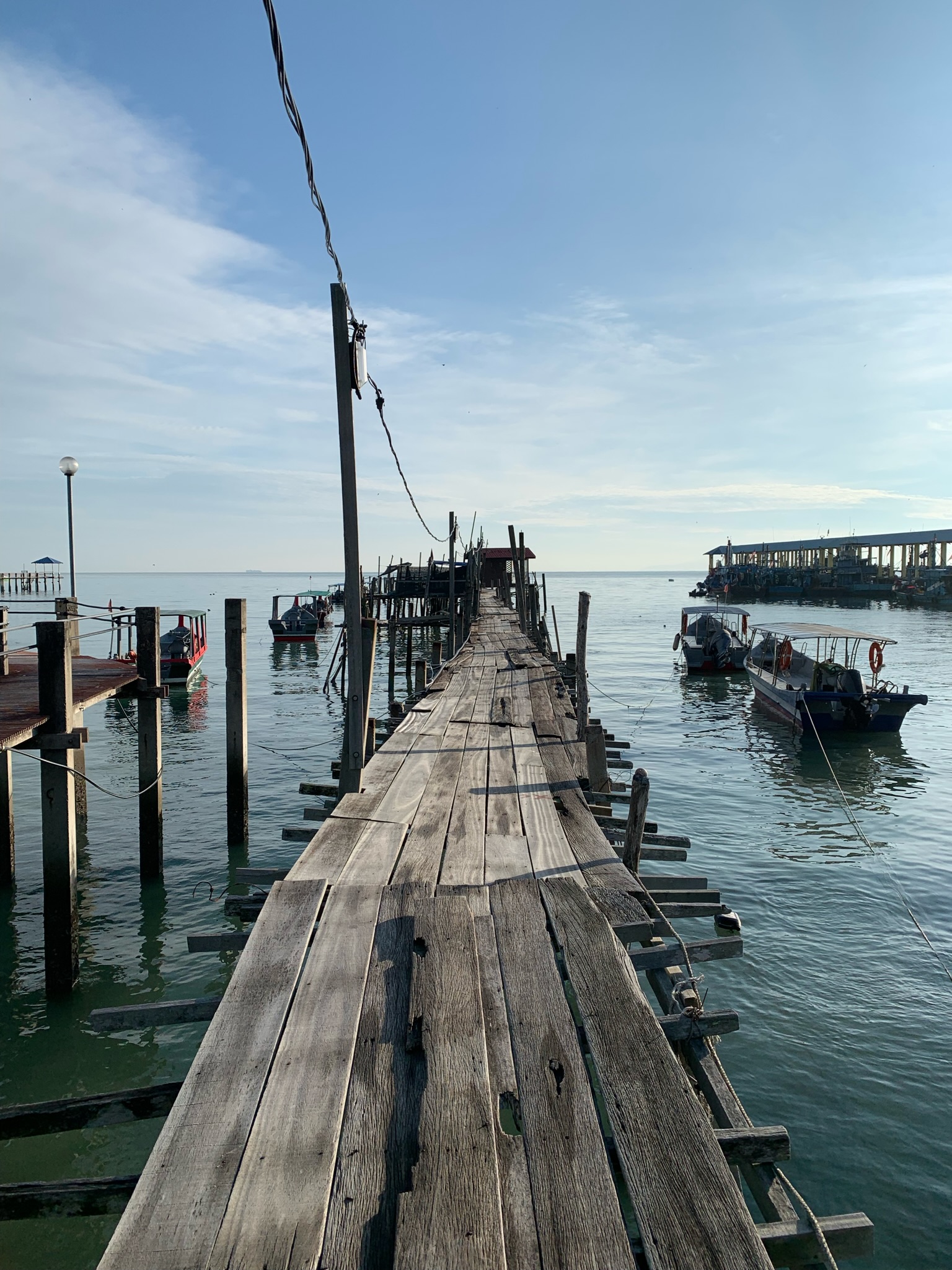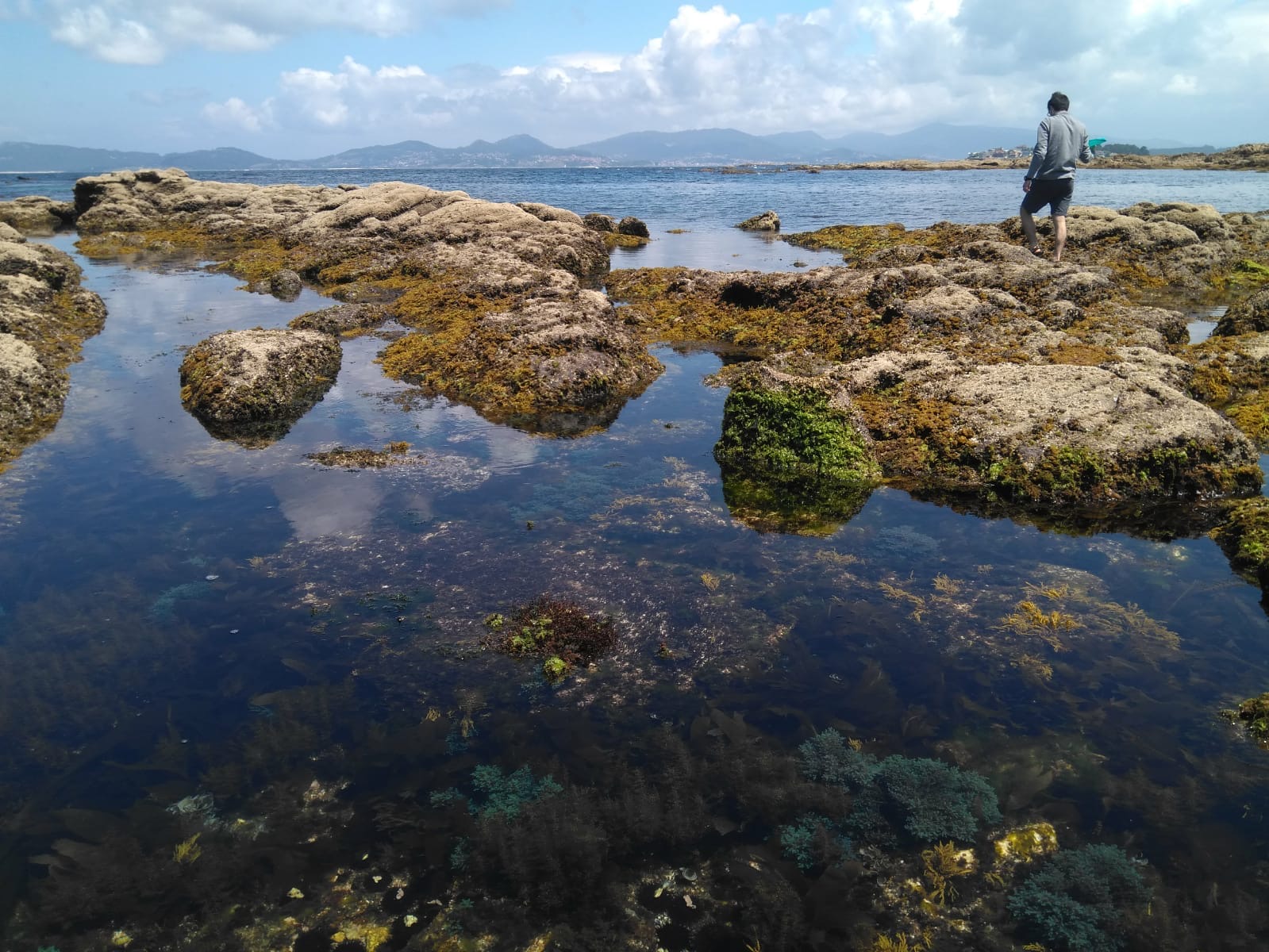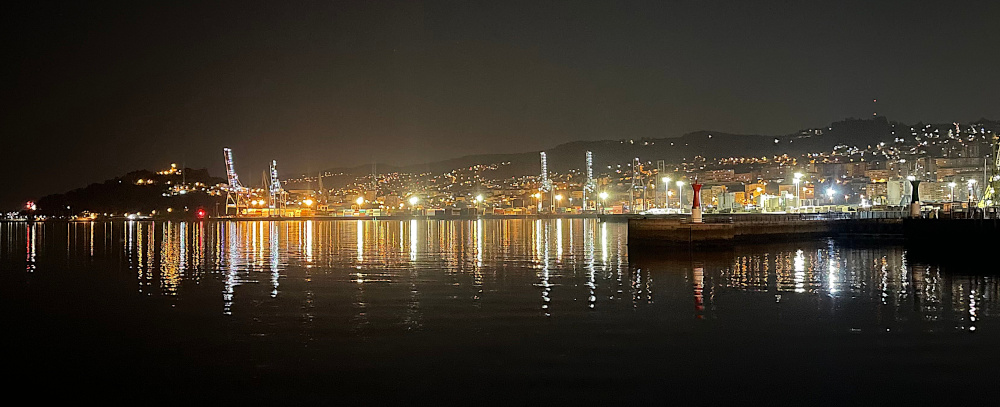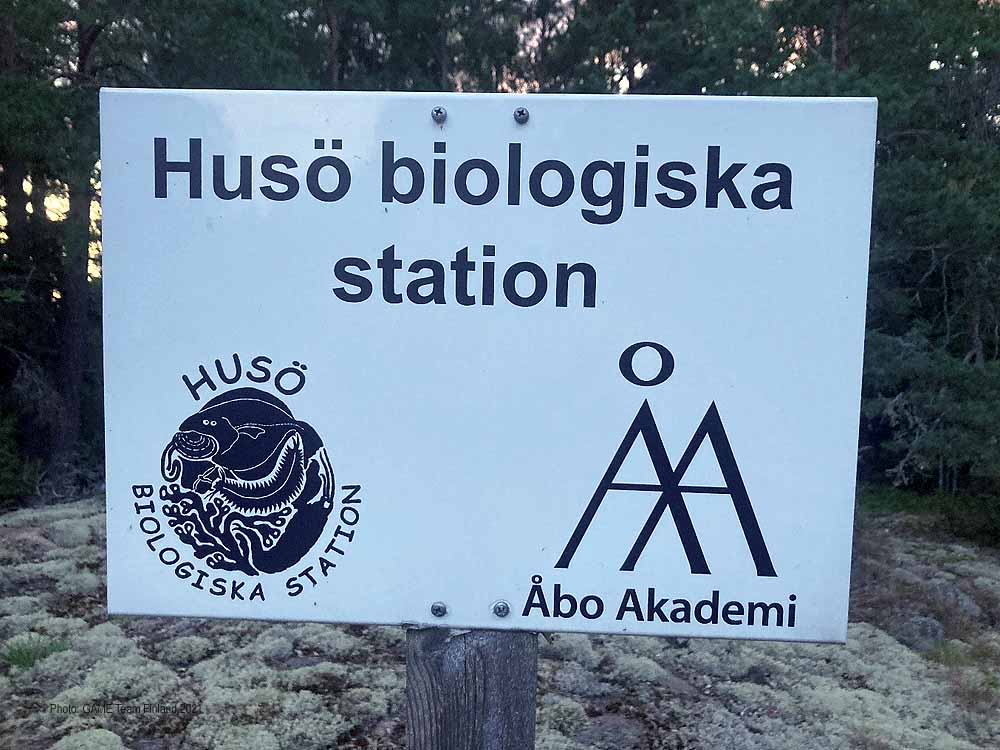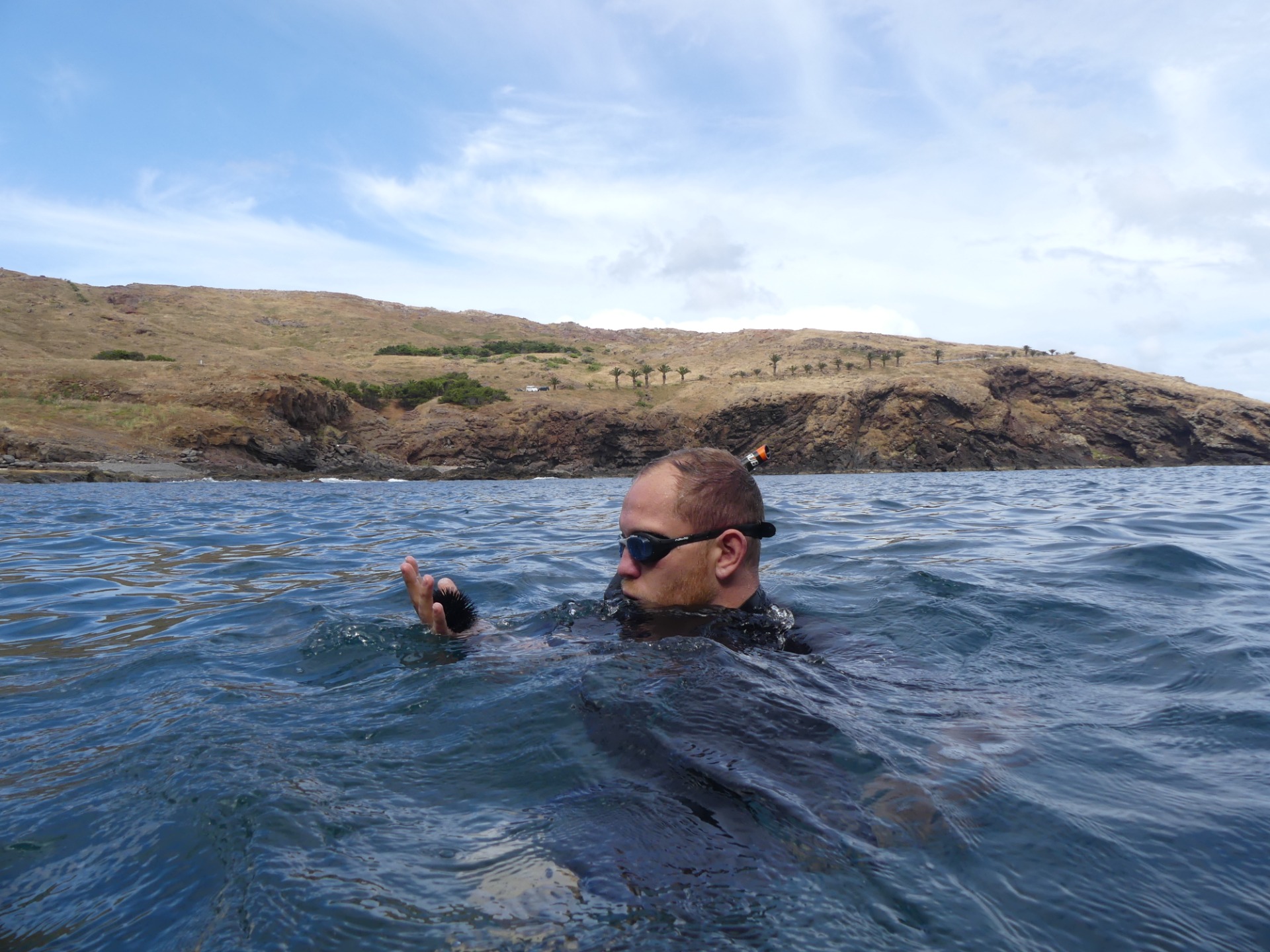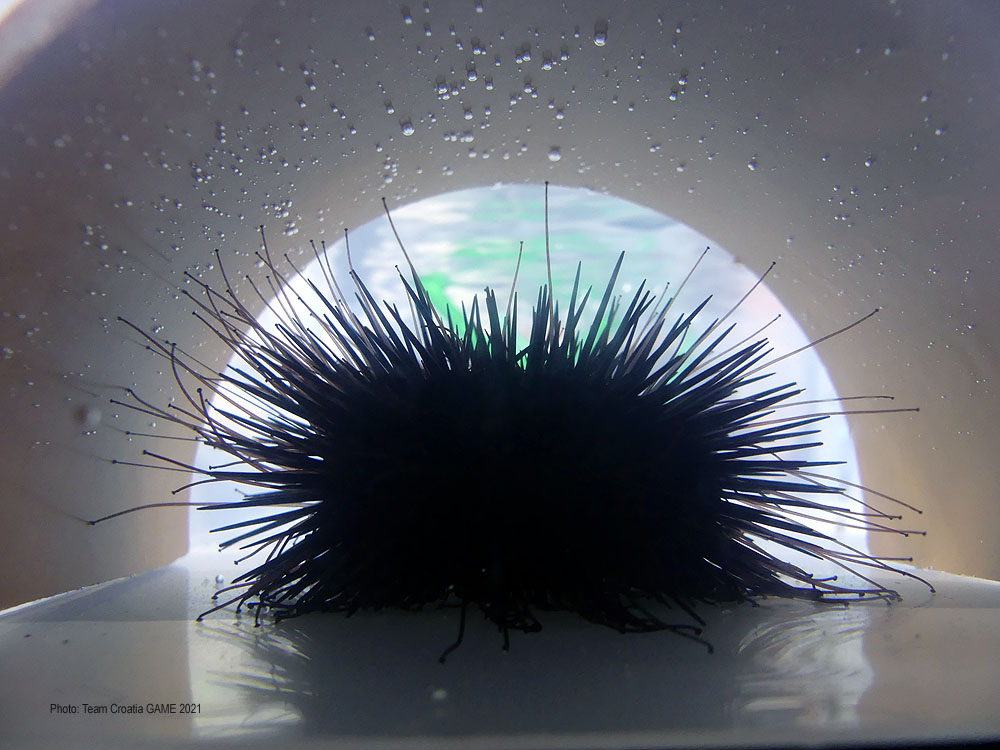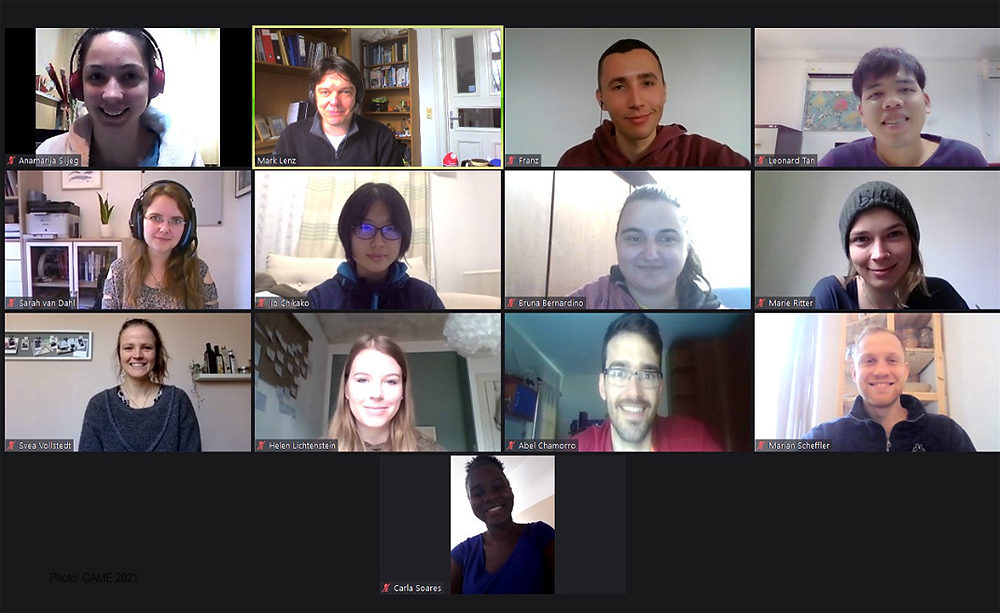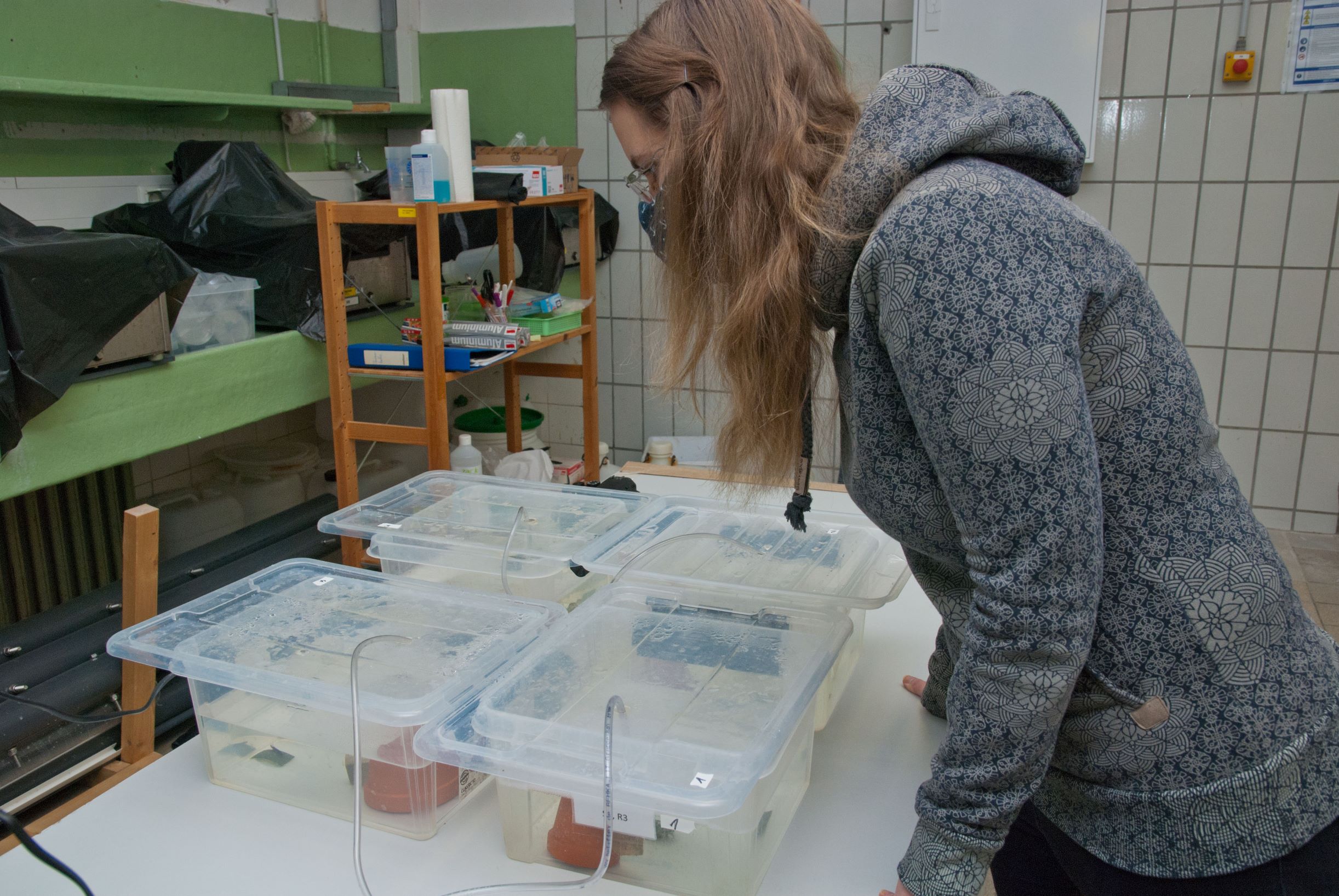Salam sejahtera and greetings from Malaysia. Malaysia is one of the two study sites in GAME 2021 where participants had to work alone. Team Malaysia was initially supposed to consist of two members, Leonard and Marie, but despite numerous efforts to get Marie to Malaysia, her travel was finally not possible due to Covid-19 restrictions. […]
‘Hola’ from the westernmost tip of Europe: Galicia.
Hola, ¿qué tal? We, Svea and Abel, are Team Spain. We are in the northwest of Spain in the region of Galicia, more exactly in Vigo. A city with about 300.000 inhabitants, located next to the Atlantic and surrounded by beautiful nature. Galicia is definitely an underestimated region in Spain. Very diverse, with amazing views […]
Research topic for 2022: GAME continues with investigating the effects of light pollution on marine benthic organisms
While the GAME teams of this year are still collecting data about the influence of artificial lighting at night (ALAN) on benthic grazers such as sea urchins and snails, it has now been decided that ALAN will also be the GAME research subject in 2022 and 2023. These projects will be funded by the Klaus […]
Terveisiä Suomesta! We say “Hello” from Northern Europe!
A few months ago, we didn’t know either that our team would exist nor that we would be participants in this year’s GAME project in Finland. We are a team consisting of two marine biology students from Germany: Helen Lichtenstein & Sarah-Vanessa van Dahl. Helen is studying at the Christian Albrechts University in Kiel and […]
Living the Light: What influence can artificial lighting at night have on the sea urchin Paracentrotus lividus in Madeira?
Hello, greetings from Portugal. We are Bruna and Marian, a Portuguese-German joint venture. We are based on Madeira Island in the Macaronesia region, which comprises a group of four volcanic archipelagos in the North-Atlantic Ocean (Acores, Canary Islands, Cabo Verde and Madeira). Due to its location about almost 1000 kilometers south-west of Lisbon, the climate […]
Dancing in the spotlight – Researching the effects of ALAN on sea urchins and snails
Dobar dan from Pula, Croatia! A few months ago, nobody even planned that there would be a “Team Croatia”. In fact, all three of us team members – Marie & Franz from Kiel, Germany and Anamarija from Umag, Croatia – were having different plans and never expected to spend the summer together in the wonderful […]
GAME is back in Finland
This year, after a long time, Finland has again become one of the European GAME destinations. While the Finnish teams of previous projects were hosted by the the Zoological Station in Tvaerminne, GAME has now moved a bit more to the north and found a new home in the Åland archipelago. However, Team Finland 2021 […]
We have started!
Despite the challenging circumstances caused by the Covid 19 pandemic, GAME 2021 got off to a successful start and all 12 participants are now about to begin their research on the influence of artificial lighting at night (ALAN) on the food consumption and activitiy patterns of marine benthic grazers at various study sites worldwide. Following […]
Test run for GAME 2021
Although, the coronavirus situation makes all kinds of international exchange and travelling very difficult, we are about to launch a new GAME project. It will certainly be different from what GAME projects used to be in previous years, but we are trying hard to maintain the concept, the philosophy and the spirit of the programme […]
From lions and the jungle to the happiest country in the world: a story of success
Working on our Master’s projects with a view on the Table Mountain in Cape Town (South Africa) and being in the jungle of Penang (Malaysia) was what we, Annika and Luisa, expected for 2020 – until we finally ended up together in the exotic Scandinavian country of Denmark. It turned out to be one of […]
